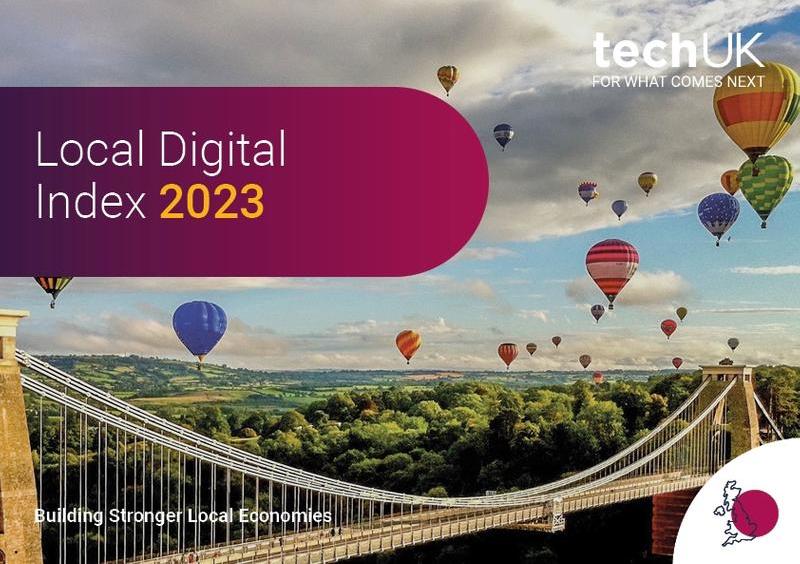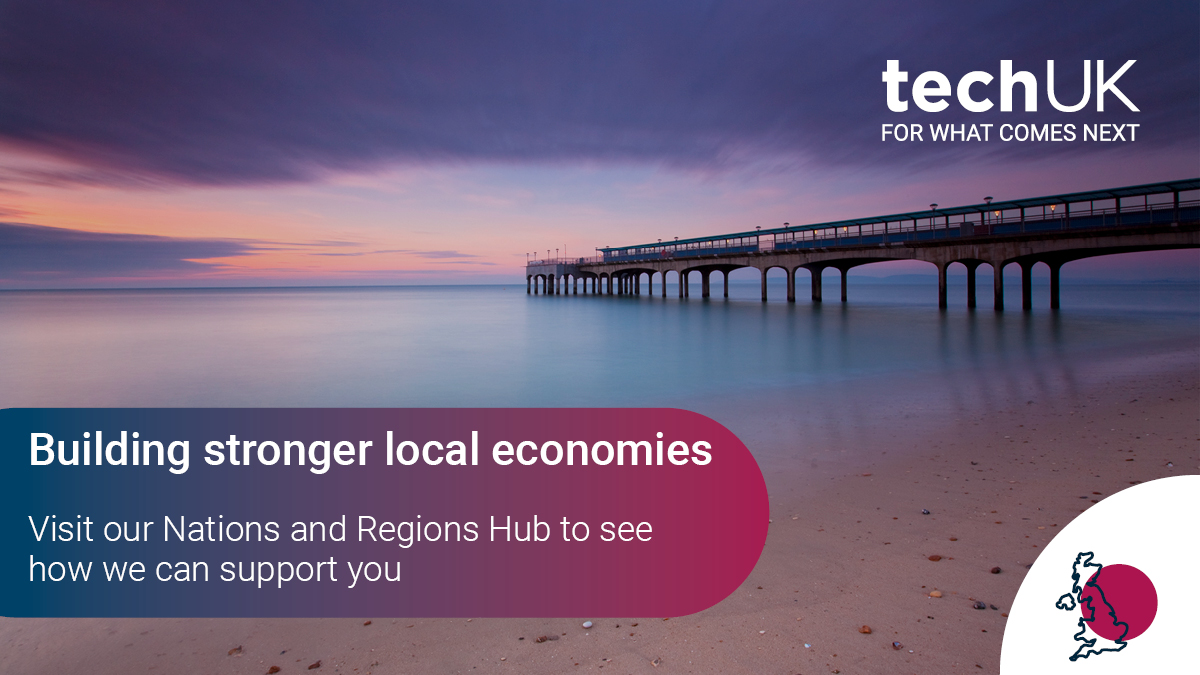Why regional Internet Exchanges are vital to support the development of new digital services
LINX, one of the first internet exchanges in the UK, was established in London in the mid 1990’s by a small number of ISP’s. At that time internet traffic was routed across the Atlantic to US internet exchanges incurring significant costs and time delays. The goal of the early internet exchanges was to keep traffic local.
The ITU estimates that internet traffic has grown from 719 Tbit/s in 2019 to 932 Tbit/s in 2020, a 30% increase. Closer to home, Statista estimates that in the UK there are 62.86 million monthly users of the internet rising to over 65 million users by 2026. To help manage this growth the port sizes available at centralised internet exchanges has increased from 10Mb to 400Gb and 800Gb ports will likely become available soon.
However, the growth of port sizes masks the underlying problem with this centralised model – there is too much data going through a limited number of exchanges. The growth of FTTP and 4K/8K entertainment services in the UK is also increasing this pressure as experienced in delays when streaming content.
Furthermore, the introduction of 5G/6G and edge computing allows applications deployed at the edge to provide huge productivity gains in sectors such as manufacturing, IoT, healthcare and cloud gaming. These applications need to be deployed close to the user as huge amounts of data need to be processed as fast as possible with the lowest latency possible.
So, while the traditional centralised model of internet exchanges in the UK has served well to date, the new generation of services is forecast to increase the amount of traffic exponentially: it no longer makes sense for all internet traffic to be routed via a handful of exchanges. Regional internet exchanges complement the existing internet exchanges in London and Manchester.
The new generation of services requires a more distributed model of internet exchanges – a hybrid model whereby some internet traffic is kept local at regional internet exchanges and other data routed through the traditional centralised model.
In the same way that the early ISPs realised that keeping traffic local drove down costs and improved performance – the new generation of services needs regional internet exchanges.
Those ISP’s and applications providers who realise this and adopt this de-centralised model will be the winners as they will have early mover advantage and provide the best user experience with the lowest cost base.
Further information: Birmingham’s first regional internet exchange

techUK – Building Stronger Local Economies

techUK champions the tech sector throughout the UK. We work with local authorities, devolved government, and local and national policy makers to advocate for the tech sector in strengthening economic growth and resilience. We provide opportunities for our members and local stakeholders to meet, build relationships, and collaborate to drive forward local projects. For more information or to get in touch, please visit our Nations and Regions Hub and click ‘contact us’.
Upcoming Nations and Regions events:
Latest news and insights:
Get our Nations and Regions insights straight to your inbox:
Sign-up to get the latest updates and opportunities from our Nations and Regions programme.
Contact the team:
Learn more about our Nations and Regions campaign:












